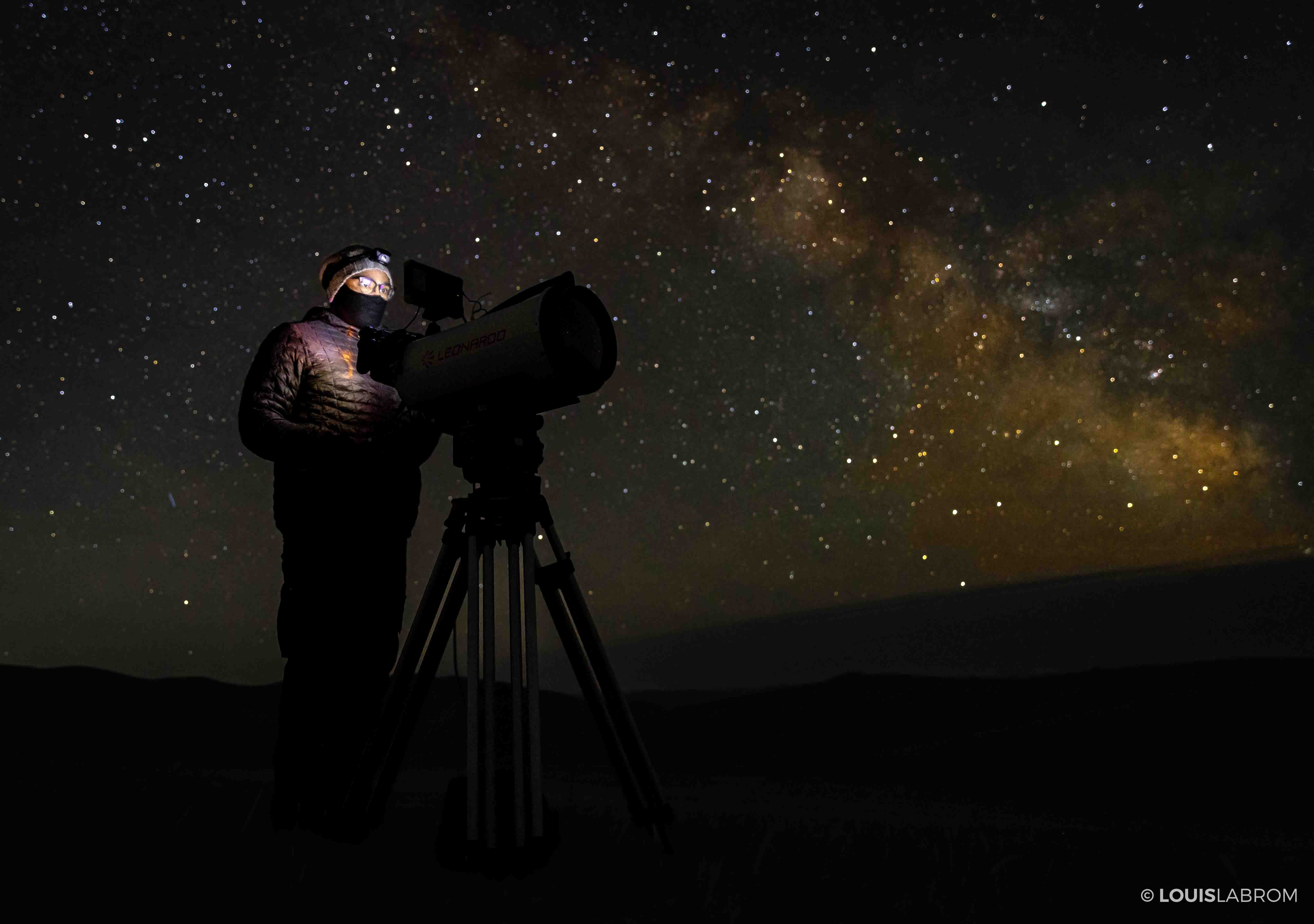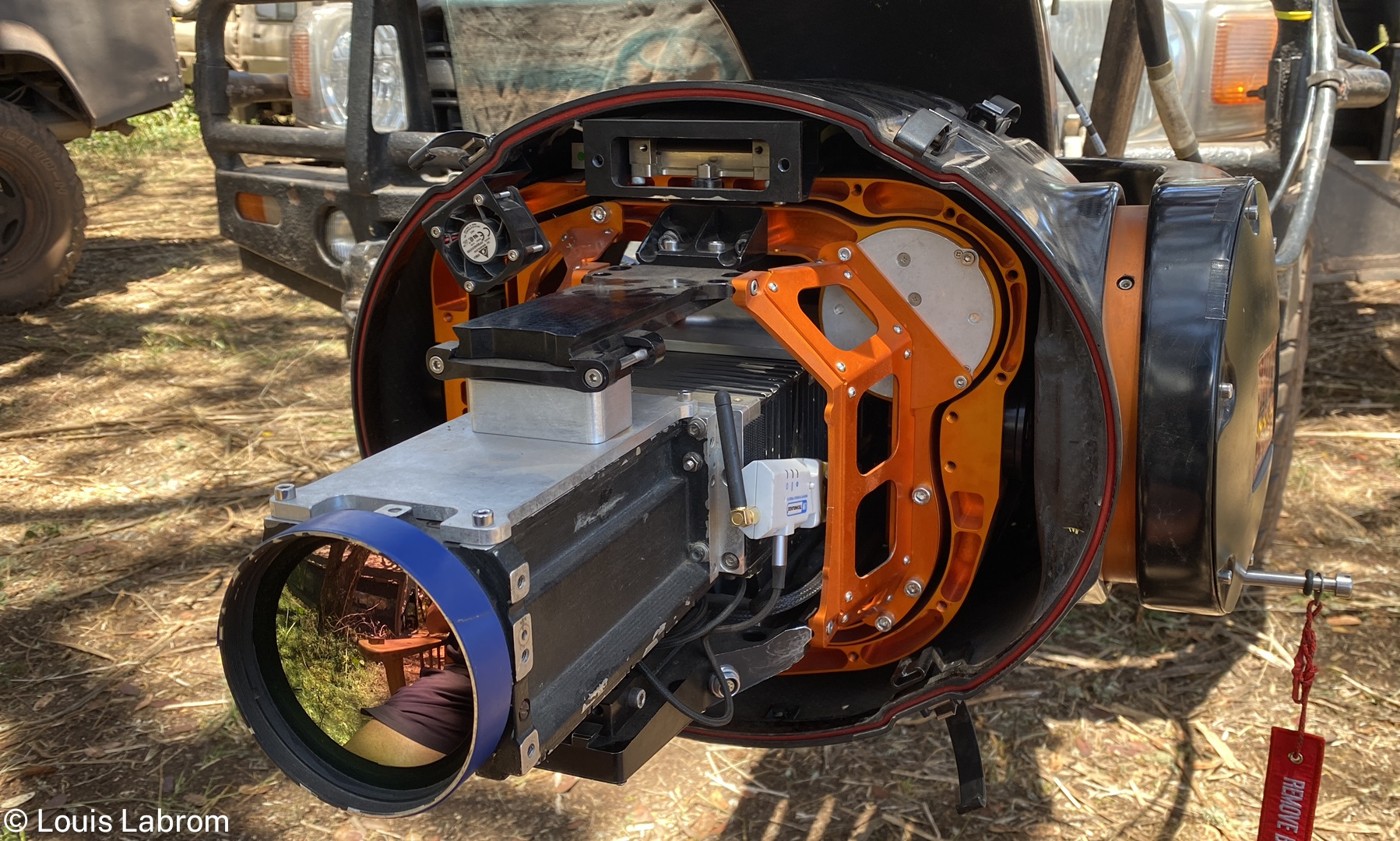The first episode of BBC One’s Mammals was shot almost entirely in the dark, revealing the habits of nocturnal mammals: from tiny Etruscan shrews, to greater bulldog bats off the coast of Trinidad. Using Leonardo’s groundbreaking SLX-Superhawk and SLX-Merlin cameras, the crew was able to illuminate the mysteries of nightfall and bring nature to life in our sitting rooms. This included the first time that African leopards were filmed hunting with staggering agility and bravery at night.

One of the most exhilarating sequences of the episode showed us how, in Tanzania’s Ngorongoro Crater, clans of spotted hyenas join forces at night to hunt together and overpower one of the largest animals in Africa – the Cape buffalo. Louis, who helped film the incredible scenes, explains the crew’s process:
“For this sequence, the team embarked on a mission to capture hyenas on the move, which meant incorporating the SLX-Merlin camera into a 6-axis gyro-stabilised gimbal mounted off the front of a safari vehicle. Whilst seemingly straightforward, hanging half-a-million dollars’ worth of equipment 6-12 inches from the ground, while travelling at 40km per hour over some of the roughest and dangerous terrain in total darkness, wasn’t for the faint hearted!
“Thankfully, with expert camera crew and professional safari guides and film drivers, the team managed to capture the impressive strategy, perseverance and teamwork of the spotted hyenas taking down a buffalo at night in a television first.
 “Being able to incorporate the camera into a 6-axis gimbal has had such an enormous impact on the ability to deliver dynamic and engaging shots and stories, whilst allowing us to incorporate movement and bring sequences to life. I look forward to collaborating with Leonardo in the future to keep finding new and innovative ways for us to shed some light on what happens amongst wildlife in the darkness of night.”
“Being able to incorporate the camera into a 6-axis gimbal has had such an enormous impact on the ability to deliver dynamic and engaging shots and stories, whilst allowing us to incorporate movement and bring sequences to life. I look forward to collaborating with Leonardo in the future to keep finding new and innovative ways for us to shed some light on what happens amongst wildlife in the darkness of night.”

